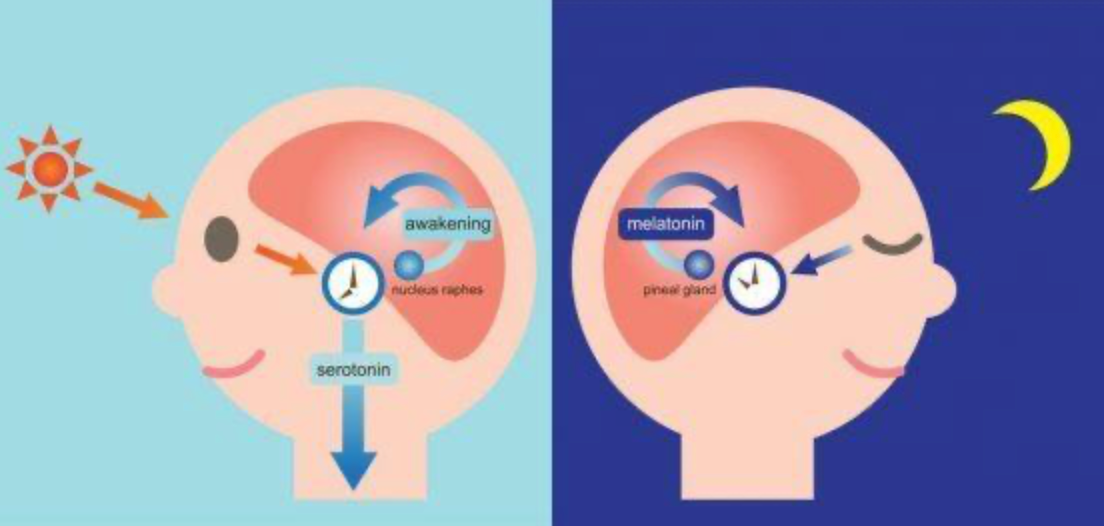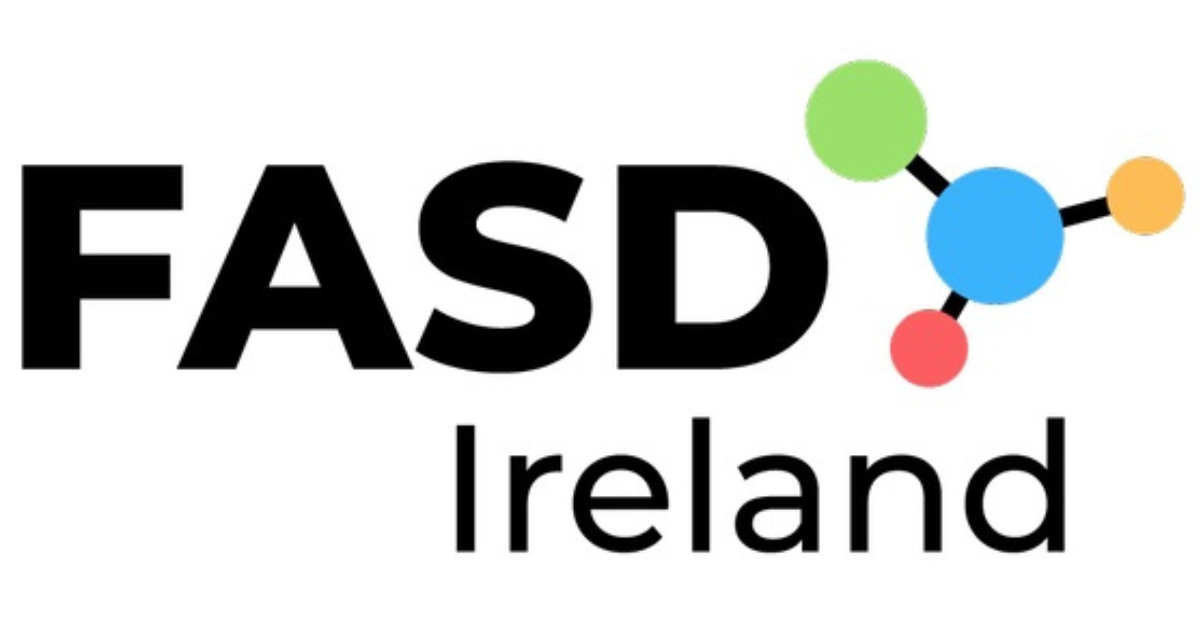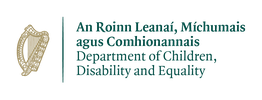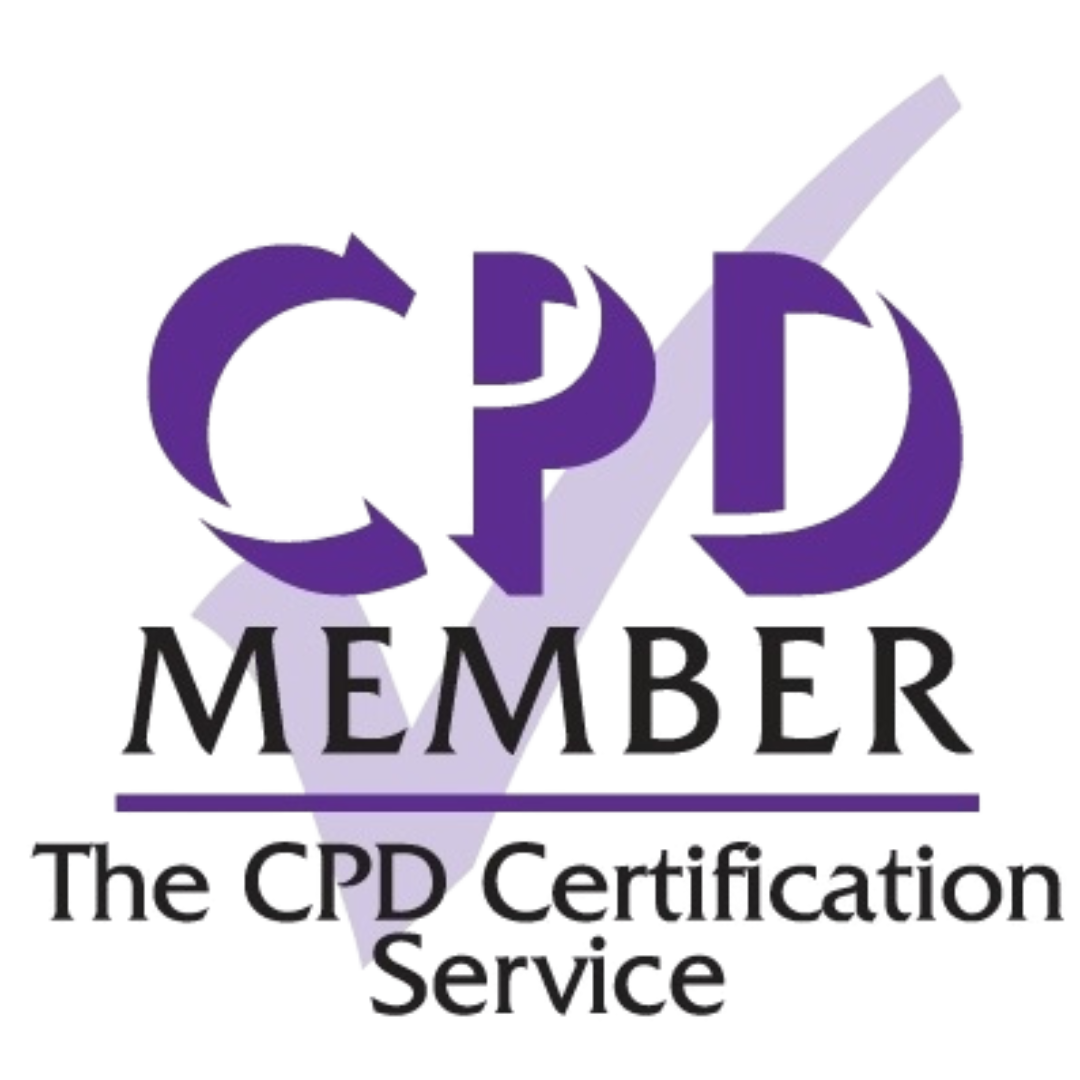Complimentary Therapies
There are a number of complimentary therapies that are available to help with Foetal Alcohol Spectrum Disorder (FASD) We have listed some of the main ones here:
Melatonin Capsules
People living with FASD will usually struggle to sleep and/or maintain a regular sleep pattern, often only achieving between 3-4 hours of sleep each night. It is not uncommon for a person with FASD to be awake until 4am, and then fall asleep only to be woken up from their deep sleep a few hours later - for school or work. The reason for this is because their pineal gland is not making enough melatonin. The purpose of the pineal gland is to regulate the sleep-wake cycle, known as the circadian rhythm, and it does this by regulating the production of melatonin.
The production and excretion of melatonin are triggered by variances in light levels. Low, or ‘Dim Light’, levels stimulate nerves that cause the release of norepinephrine at the pineal gland cells. When the sun sets, melatonin is triggered to be released. And contrary, blue light (tablets/computers) and bright lights will have a melatonin production lowering effect, keeping the mind and body wide awake!
Several studies support melatonin use in people with FASD, especially those having a co-morbid diagnosis of autism spectrum disorder (ASD) or ADHD.

The key thing to remember is that melatonin is not a sleeping tablet and does not force sleep. Rather, it signals to the body that it is bedtime. This is why if you’ve had your sleep disrupted (nocturnal toilet visit or jet lag), melatonin can help to reset your confused body and brain.
When to take melatonin:
Plasma levels of melatonin peak within one hour of taking it. Therefore, to help re-establish a healthy bedtime (sleep onset insomnia), then taking melatonin 30 minutes to 1 hour before wanted sleep is recommended. However, if a person is wide awake in the middle of the night, owing to sleep interruption, taking an additional dose will not help.
Helpful Tips:
Melatonin can only be prescribed by either a Pediatrician or CAMHs Psychologist in Ireland. This is usually prescribed in the form of melatonin capsules, which provide a longer/slower release of the melatonin. If you don't have access to melatonin - perhaps you are waiting for a referral to either service - then there is a natural alternative that can help. Organic milk contains natural melatonin, so gently warming some milk - the old fashioned way in a saucepan on a hob - will help to release the melatonin. Be careful not to boil the milk and do not warm it in the microwave. Unfortunately alternative milk products like oat milk or coconut milk do not contain melatonin. A cup of warm milk should be drunk about 30 minutes before bedtime.
Bedtime routine is a key part of helping with sleep. Whether it's a school night, weekend or you are on holiday, it is really important that you try to keep to the bedtime/sleep routine as much as possible. This includes the evening routine (washing face, brushing teeth, getting ready for bed) and the nominated time of going to bed. Bright light, including Tablets, Phones and even a TV that emit a white/blue light can disrupt the pattern for sleep. Try to enjoy a quiet time in the hour before bedtime. A bedtime story or reading with reduced or coloured lighting will provide not just a better bedtime atmosphere, but also encourage the brain to process that it is time for sleep. For some people the dark can cause anxiety and fear, and whilst it may seem the right thing to leave a bedside or landing/hallway light on, we would suggest that this is a coloured plug in night light.
We recommend that you 'walk' the journey between the bedroom and the bathroom. Do you see any bright or white lights on the way? If so, remember that when the body is subjected to bright white or blue light, any melatonin is flushed out directly through the skin in an instant. This will cause real difficulty in getting back to sleep. Also, it's probably time to invest in a couple of coloured night lights, maybe for the bedroom and landing/hallway areas. These should be red or green where possible. In addition, if the only light you have in the bathroom is a single bright light, then it may be time to buy an in-toilet light that is PIR activated by movement. Some sample products are below:
Choline
Choline is a nutrient that is found in many foods. Your brain and nervous system need it to regulate memory, mood, muscle control, and other functions. You also need choline to form the membranes that surround your body’s cells. You can make a small amount of choline in your liver, but most of the choline in your body comes from the food you eat.
Dr Jeffrey Wozniak based in Canada has conducted a study on the long term effects of Choline explains that:
- Age 5 and under is where Choline has the greatest effects on brain development.
- It has been studied through blood tests that Choline also effects gene expression but only in ages under 5.
- The effects are small but there is definite optimisation due to Choline use at this age in relation to executive functioning and memory (the hippocampus area)
- The Choline helps the white matter in the brain (brain pathways) to work. This white matter is located in the Splenium, the part at the back of the brain between the left and right hemisphere.
- The studies participants were randomised to ensure that the positive results were not due to the participants environment but were in fact due to the use of Choline.
- The 3 main things Choline effects:
- The Hippocampus (memory)
- Gene Expression at an early age.
- Building Membranes/ Cell walls (White Matter – Splenium)
It is important to note that Choline is not a 'fix' however it can be a 'helper.'
Choline is important during pregnancy as well as all stages of life:
| Life Stage | Recommended Daily Amount |
|---|---|
| Birth to 6 months | 125mg |
| Infants 7-12 months | 150mg |
| Children 1-3 years | 200mg |
| Children 4-8 years | 250mg |
| Children 9-13 years | 375mg |
| Teen Boys 14-18 years | 550mg |
| Teen Girls 14-18 years | 400mg |
| Men 19+ years | 550mg |
| Women 19+ years | 425mg |
| Pregnant Teens and Women | 450mg |
| Breastfeeding Teens and Women | 425mg |
Play Therapy
Children with FASD often face unique challenges that can make traditional forms of therapy less effective. These challenges include difficulties with attention, memory, and executive functioning, as well as social, emotional and behavioural issues. Play therapy is suited to address these needs for several reasons including:
Non-Verbal Communication:
Many children with FASD struggle with verbal communication. Play therapy allows them to express themselves non-verbally, which can be a more comfortable and effective way for them to communicate their feelings and experiences. A trained therapist will be able to interpret the child’s style of play and uncover any deeper meaning to the child’s communication.
Engaging and Fun: Traditional talk therapy in a setting where a long conversation occurs can be daunting and unappealing for young children, especially those with FASD, who may struggle with attention and memory and may end up finding themselves lost in the conversation. Play therapy, on the other hand, is engaging and enjoyable, making it easier for children to communicate to the adult in a language that is more naturally suited to them.
Development of Social Skills: Through play, children can learn and practice social interactions in a controlled environment. This is particularly helpful for children with FASD, who may have difficulty understanding social cues and forming relationships.
Emotional Regulation: Play therapy can help children with FASD develop better emotional regulation skills. By acting out scenarios and practicing coping strategies in their play, this translates to children learning to manage their emotions more effectively in real-life situations.
Play therapists can tailor activities to the specific needs and abilities of each child. This personalised approach ensures that the therapy is as effective as possible for children with the diverse range of conditions associated with FASD.
Useful Links
Play Therapy Ireland: https://playtherapy.ie
IAPTP: The Irish Association of Play Therapy and Psychotherapy: https://iaptp.ie
Sensational Kids: https://sensationalkids.ie/childrens-services/play-therapy/

Equine Therapy & Hippotherapy
Equine therapy, also known as horse-assisted therapy, involves interactions between individuals and horses to promote emotional, mental, and physical healing. This therapeutic approach leverages the unique bond that can form between humans and horses, offering a powerful means of treatment for various conditions, including Foetal Alcohol Spectrum Disorder (FASD).
Children and adults with FASD often face challenges such as emotional dysregulation, social difficulties, and problems with focus and impulse control. Equine therapy can be particularly beneficial for these individuals for several reasons. Firstly, working with horses requires individuals to be calm and focused, which can help improve attention and reduce hyperactivity. The rhythmic nature of horse riding can also be soothing and help regulate sensory processing issues common in FASD.
Horses are non-judgmental and provide immediate feedback through their reactions, which helps individuals with FASD understand the consequences of their actions and develop better social skills. The responsibility of caring for a horse can instil a sense of routine and discipline, which can be beneficial in managing the impulsivity and executive function deficits associated with FASD.
Hippotherapy is a therapeutic approach that uses the natural movements of a horse to provide physical, occupational, and speech therapy. Unlike equine therapy, which focuses on the emotional and psychological benefits of horse interaction, hippotherapy specifically leverages the horse’s movement to improve neurological and physical functions in individuals. This can be particularly beneficial for those living with Foetal Alcohol Spectrum Disorder (FASD).
Children and adults with FASD often struggle with motor skills, balance, and coordination. The rhythmic and repetitive motion of riding a horse mimics the human gait, which helps improve these physical abilities. As the rider adjusts to the horse's movements, they engage their core muscles, enhancing strength, posture, and balance. Additionally, hippotherapy can have significant cognitive benefits. The need to focus on the horse's movements and respond to the therapist’s instructions helps improve attention span and concentration, which are often impaired in individuals with FASD. The sensory experience of riding a horse can also help regulate sensory processing issues, providing a calming effect.
The unique bond formed between rider and horse can boost confidence and self-esteem. This bond, coupled with the structured environment of hippotherapy sessions, developing emotional regulation and social interaction skills.
Useful Links:
Strides Therapy Clinic in Upton, Co. Cork: http://strides.ie
Killulla Stud, Newmarket on Fergus, Co. Clare: http://killullastud.ie
Early Start Education:
https://earlystarteducation.ie/pegasus-quine-services

Occupational Therapy
Occupational Therapy provides targeted interventions that help individuals with FASD develop essential skills for daily living and improve their overall quality of life. People with FASD often struggle with motor skills, sensory processing, and executive functioning. Occupational therapists work on enhancing fine and gross motor skills through specific exercises and activities, enabling individuals to perform daily tasks like dressing, eating, and writing more effectively. These improvements in motor skills contribute to greater independence and self-reliance.
Sensory processing difficulties are common in FASD, where individuals may be overly sensitive or under-responsive to sensory stimuli. Occupational Therapy addresses these issues through sensory integration techniques, helping individuals manage and respond appropriately to their sensory environment. This can lead to reduced anxiety, improved concentration, and better behavioural outcomes. Occupational Therapy also helps with executive functioning skills such as planning, organisation, and time management. Therapists provide strategies and tools that assist individuals in navigating daily routines and tasks more efficiently, fostering greater independence.
Social skills training is another crucial aspect of Occupational Therapy for FASD. Through activities like role-playing and social stories, therapists teach appropriate social interactions, enhancing communication and relationship-building abilities.
Speech and Language Therapy (SLT)
The HSE suggests that much of what we do in our daily lives involves communicating and interacting with others. Communication skills are important for things like expressing our thoughts and needs, listening to others, being able to work together with someone to solve a problem. If we have strong communication skills we have a better chance of being successful in our relationships at home, work and in community.
Speech and Language Therapists working in Child and Adolescent Mental Health services (CAMHs) can help you in circumstances where mental health challenges creates obstacles in communicating and interacting with people. Speech and Language Therapy can help to manage any speech, language and/or communication difficulties that are experienced as part of a recovery journey. Speech & Language Therapists also assess and treat people to have Eating, Drinking and Swallowing Difficulties (medical term: Dysphagia).
SLT interventions are tailored to address the unique needs of each individual with FASD, helping to improve their ability to express themselves effectively and navigate social interactions. Through targeted therapy sessions, individuals can develop strategies to overcome challenges such as poor articulation, limited vocabulary, and difficulties with understanding non-verbal cues.
SLT plays a crucial role in enhancing overall quality of life for those with FASD. Improved communication skills can lead to increased independence, better academic and employment opportunities, and enhanced social connections. Additionally, by equipping individuals with FASD with effective communication tools, SLT empowers them to advocate for themselves and access the support they need to thrive.
Useful Links:
Speech Therapy and Social Emotional Learning – Building Blocks: https://.buildingblocks.ie
The Irish Association of Speech and Language Therapists: https://.iaslt.ie
Independent Speech and Language Therapists of Ireland ISTI: https://isti.ie/find-a-speech-therapist/
Clare Speech Therapy: https://clarespeechtherapy.ie
Children’s Health Ireland – Speech and Language Therapy (SLT):
https://.childrenshealthireland.ie/list-of-services/speech-and-language-therapy-slt/






